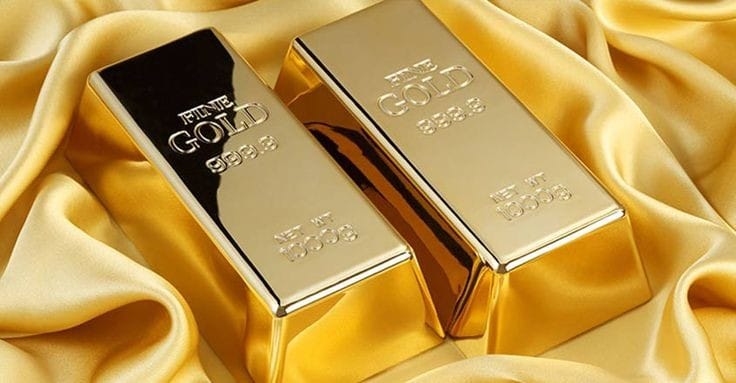Gold in the UAE: A Rich History and Cultural Significance
Gold has played an important role in the history of the United Arab Emirates (UAE) and is deeply ingrained in the culture of the Emirati people. The region has been known for its gold production and trade for centuries, and the precious metal has been a symbol of wealth, power, and status throughout the UAE’s history.
The UAE has a long history of gold mining, dating back to the third millennium BCE. The region’s proximity to the Arabian Peninsula, where gold was first discovered and mined, made it an ideal location for gold production. The UAE’s gold mining industry reached its peak during the Islamic Golden Age, which spanned from the 7th to the 13th century CE. During this period, gold was mined from the region’s mountains and traded along the ancient Silk Road.
The importance of gold in Emirati culture is reflected in the traditional dress and jewelry of the Emirati people. Gold is a common feature in Emirati women’s jewelry, with gold necklaces, bracelets, and earrings often adorned with precious stones and pearls. Men also wear gold jewelry, including gold cufflinks and watches.
Gold is also an important part of Emirati weddings and other celebrations. It is customary for the bride and groom to exchange gold jewelry as a symbol of their love and commitment. Gold is also given as a gift to celebrate special occasions, such as the birth of a child or the opening of a new business.
The UAE’s position as a global hub for gold trade and investment can be traced back to the early 20th century. In the 1930s, Dubai was a small fishing village with a population of around 10,000 people. However, the discovery of oil in the region in the 1960s brought rapid economic growth and development to the UAE. As the country’s economy grew, so too did its gold industry.
Dubai’s transformation into a global hub for gold trade and investment was driven by the visionary leadership of Sheikh Rashid bin Saeed Al Maktoum, who served as the Emir of Dubai from 1958 to 1990. Sheikh Rashid recognized the potential of Dubai’s gold industry and worked to develop the city’s infrastructure and regulatory framework to support its growth.
One of Sheikh Rashid’s most significant achievements was the establishment of the Dubai Gold Souk in the early 1900s. The souk quickly became a popular destination for gold traders and buyers from around the world, and it remains one of the city’s most iconic landmarks to this day.
Dubai’s gold industry continued to grow throughout the 20th century, and the city emerged as a major center for gold refining and trading. Today, Dubai is home to some of the world’s largest gold refineries and trading companies, which import gold from around the world, refine it to international standards, and export it to other countries.
The Emirati government has played a key role in developing and regulating the gold industry in the UAE. The Dubai Multi Commodities Centre (DMCC) is the government body responsible for regulating the gold trade in the city. The DMCC provides a comprehensive regulatory framework that covers all aspects of the gold trade, from import and export to refining and trading. The DMCC also operates the Dubai Gold and Commodities Exchange (DGCX), which is the largest derivatives exchange in the Middle East.
In conclusion, gold has played an important role in the history of the UAE and is deeply ingrained in the culture of the Emirati people. The region’s rich history of gold mining and trade has led to the development of a thriving gold industry in the UAE, with Dubai emerging as a global hub for gold trade and investment. Today, gold continues to be a symbol of wealth, power, and status




